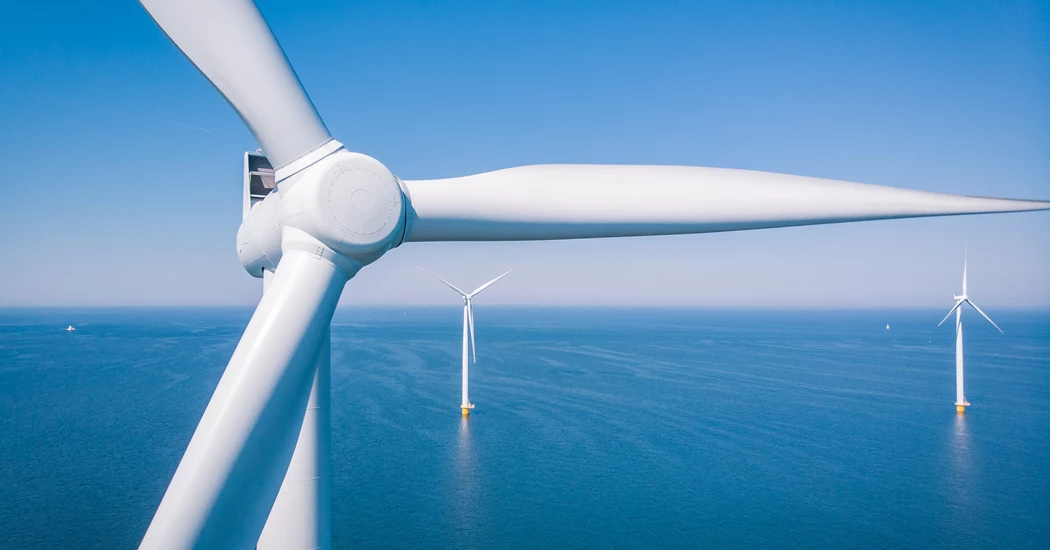Equinor consortium to study 1GW floating offshore wind farm in Norway’s Bergen
Equinor has partnered with TotalEnergies, Shell, ConocoPhillips and Petoro to assess the options for building a floating offshore wind farm in the Troll area off Bergen in Norway, the company said on Friday.
With an installed capacity of about 1 GW and an annual production of nearly 4.3 TWh, Trollvind could provide much of the electricity needed to run the offshore fields Troll and Oseberg through an onshore connection point, Equinor said.
The Bergen area already serves several similar installations with power and needs more input to its electricity grid. The scheduled startup date for the project is in 2027.
“By producing oil and gas with low greenhouse gas emissions, we reinforce the competitiveness of the Norwegian shelf, maintain activity in the industry and safeguard future value creation,” Equinor’s chief executive, Anders Opedal, said in a statement.
“Trollvind is a concept where renewable energy works to facilitate several objectives; helping cut emissions through electrification, delivering power to an area where shortages have already created challenges for new industrial development, and Norway maintains its position as a leader in the industrialisation of floating offshore wind,” he added.
According to the consortium, a full-scale floating offshore wind farm like Trollvind could boost momentum towards realising the Norwegian authorities’ ambition to position Norway as an offshore wind nation, building on expertise from the oil and gas industry.
The partnership plans to buy as much energy as the wind farm can produce at a price that can make the project possible, according to Equinor.
In 2020, the Norwegian parliament (Stortinget) decided to intensify emission reductions requirements from the Norwegian continental shelf from 40 to 50 per cent by 2030. To achieve this target, large-scale industrial single-point emission sources, such as offshore oil and gas installations, must reduce their emissions. Electrification of installations with long remaining lifetimes will be a key initiative to succeed with this transition.
“This can be a fantastic opportunity for Norway and for the industry,” Shell’s global EVP, Renewable Generation, Thomas Brostrøm, said in a statement. “Using our integrated capabilities to decarbonise existing operations and accelerate offshore wind development is exactly the kind of action our companies need to be taking to further society’s progress towards net zero by 2050”.
KEEPING THE ENERGY INDUSTRY CONNECTED
Subscribe to our newsletter and get the best of Energy Connects directly to your inbox each week.
By subscribing, you agree to the processing of your personal data by dmg events as described in the Privacy Policy.
More renewables news

GE Vernova to Power City-Sized Data Centers With Gas as AI Demand Soars

Longi Delays Solar Module Plant in China as Sector Struggles

Australia Picks BP, Neoen Projects in Biggest Renewables Tender

SSE Plans £22 Billion Investment to Bolster Scotland’s Grid

A Booming and Coal-Heavy Steel Sector Risks India’s Green Goals

bp and JERA join forces to create global offshore wind joint venture

Blackstone’s Data-Center Ambitions School a City on AI Power Strains

Chevron Is Cutting Low-Carbon Spending by 25% Amid Belt Tightening

Free Green Power in Sweden Is Crippling Its Wind Industry
















